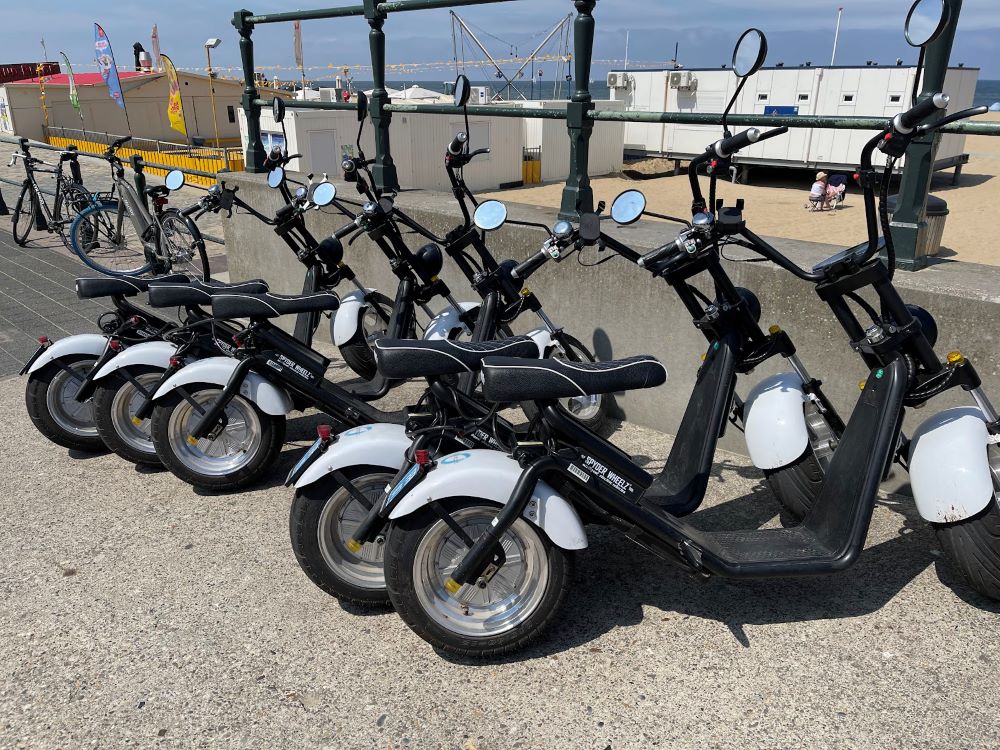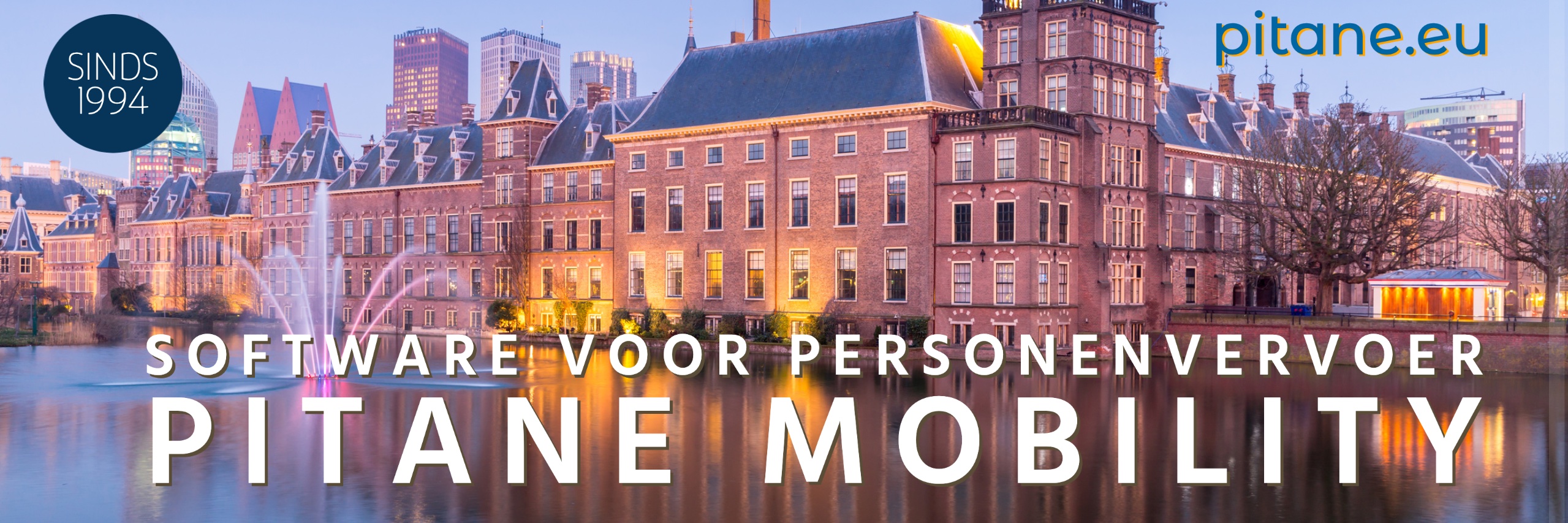To encourage the use of shared two-wheelers and to tackle parking nuisance, the municipality of The Hague will build approximately 100 so-called neighborhood mobility hubs.
With a budget of approximately 350.000 euros, the project aims to stimulate the use of shared two-wheelers and to combat parking nuisance in densely populated areas. The shared two-wheelers, usually emission-free and energy efficient, are an excellent alternative to conventional cars, especially for short journeys.
The neighborhood mobility hubs are planned locations where shared two-wheelers, such as electric bicycles and scooters, are parked in clusters. This makes it easier for residents to access this type of transportation, while also providing an organized solution to potential parking problems. The project will initially focus on the center of The Hague and the popular coastal town of Scheveningen, before expanding to other neighborhoods.
The choice of the center and Scheveningen as the first areas for the hubs is strategic. The center is often the epicenter of commerce, culture and administration, making it a natural choice for facilitating fast and efficient mobility. Scheveningen, with its tourist appeal, can benefit from the reduced parking pressure and improved access to public transport that the hubs will provide.

Councilor Robert van Asten emphasized the important role of shared mobility in the future of the city. “We want to keep The Hague accessible, attractive and liveable,” said Van Asten. “Space is limited in our city, and that is why we are fully committed to the mobility transition. By creating neighborhood mobility hubs, the use of shared two-wheelers becomes more accessible and we tackle nuisance at the same time. I am therefore extremely happy with this development.”
When implementing this ambitious project Various neighborhood and business organizations are also involved. This suggests broad societal support and collaboration, which could be crucial to the success of such a progressive initiative. Involving neighborhood organizations can contribute to better coordination of the hub locations and tackling specific local problems.
The investment of 350.000 shows the seriousness with which the municipality of The Hague approaches this project. With this initiative, the municipality of The Hague is showing a progressive look at urban planning, aimed at a more inclusive, sustainable future. In a world where cities are developing at a rapid pace, such projects can serve as an important reference point for other municipalities that are also trying to find a balance between growth and livability.



